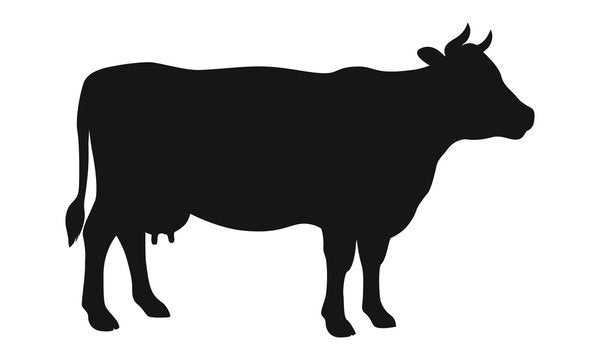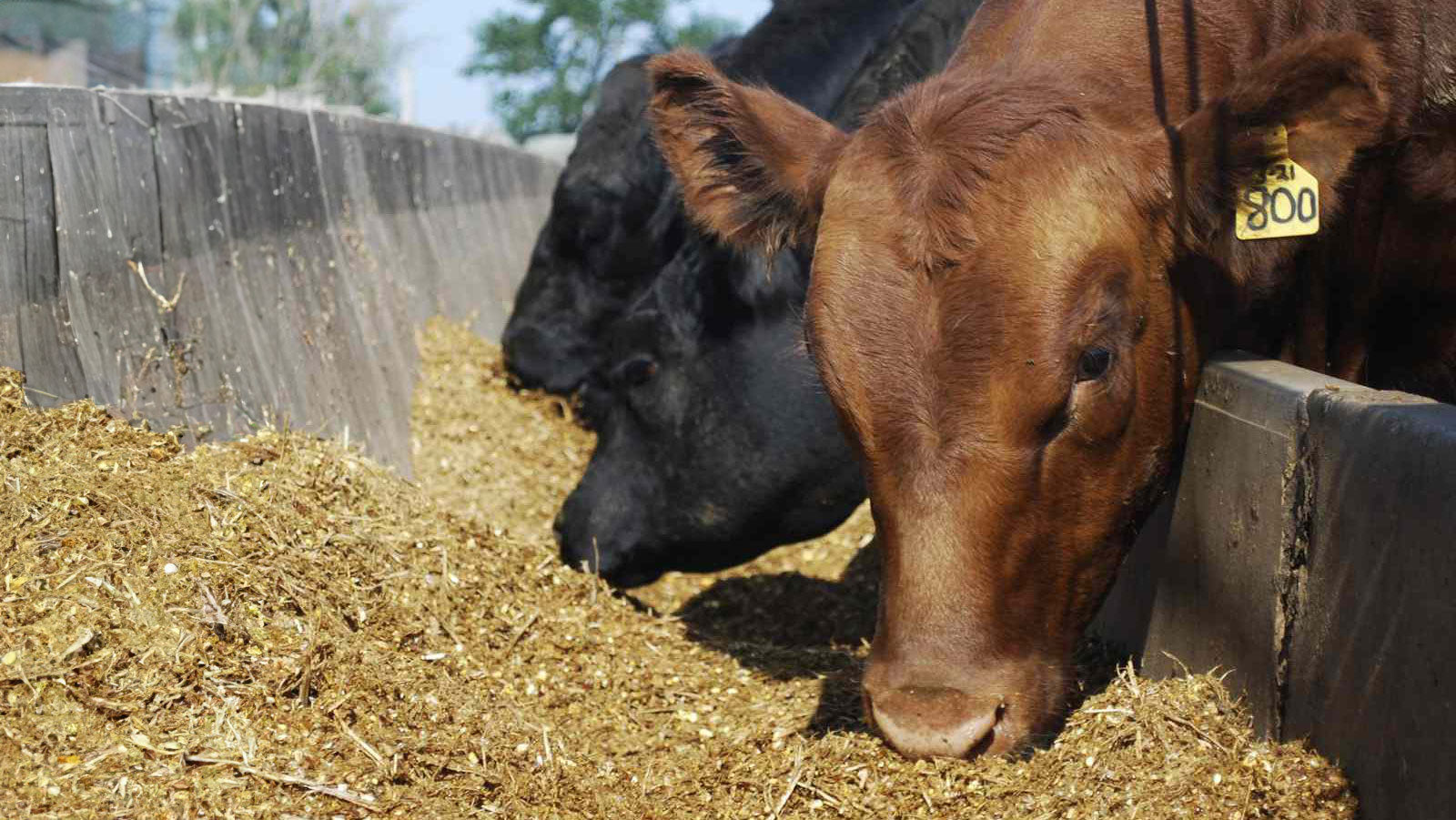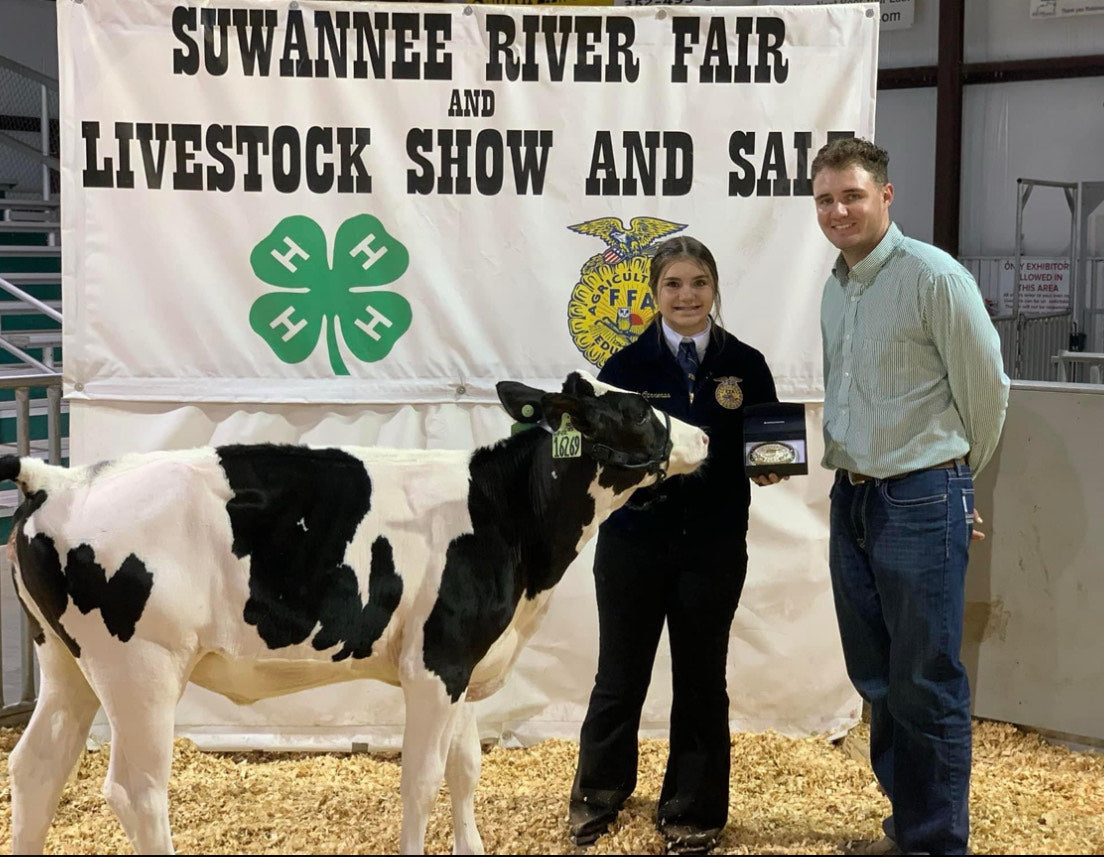

K&C Cattle Co.




Sustainable Excellence, Local Legacy
Grassroots Quality, Urban Locale
Who We Are


"Cowboy Cole" A Short Film

Title

